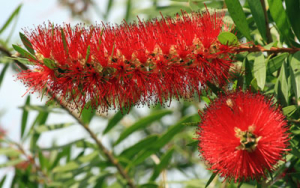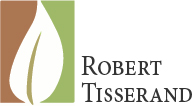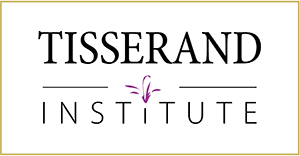Human skin carries some 900 species of bacteria, and when one person massages another, a two-way microbial exchange takes place. I’m not suggesting that there is significant risk here, and shaking hands with another person is no less risky. But, thorough hand-washing before and after a massage session is recommended. In a hospital environment, infection can be spread by medical staff from one patient to another if hygiene routines are not followed, and this can lead to fatal illness if antibiotic-resistant strains are transferred. Hospital patients however, are more likely to be immune-compromised, and therefore vulnerable. And, hospitals are the hang-outs of choice for all aspirational bacteria.
Many essential oils possess antimicrobial properties, and in vitro testing often shows efficacy against resistant strains, such as MRSA. Tea tree is best known in this regard, though other anti-MRSA essential oils include eucalyptus, geranium, lavender, lemongrass, oregano and thyme. The most common medium used for massage is vegetable oil, and while this has some antimicrobial action, it’s minimal.
A Japanese research team wanted to find out whether massage would be “more hygienic” if essential oils were added to the vegetable oil. Initially they tested tea tree oil and lavender oil, separately, at 3% and 6%. Bacterial samples were taken from the therapist’s hands and the patient’s skin before, during and after a massage session. The 6% concentration of both essential oils was about 5 times more effective than the 3% concentration, but bacterial count was not reduced to zero. Only the ATCC 25923 strain of Staphylococcus aureus was measured (Donoyama et al 2005).
In a second study, oils of eucalyptus, niaouli, sage and thyme linalool were tested in addition to lavender and tea tree. Using the same strain of S. aureus, niaouli oil was found to be the most effective, reducing colony count to zero at 3.125%. Unlike the first study, these were all organic essential oils (Donoyama and Ichiman 2006). Although this suggests that niaouli oil is more effective than tea tree, or any of the other oils tested, one limitation of the research is that only one bacterium was tested. Another is that only two people, one giver and one receiver, were used.
 In an in vitro study, 6 essential oils were tested for antibacterial activity against 10 bacteria. The oils were tea tree, niaouli, cajuput, eucalyptus, manuka and kanuka. Against S. aureus ATCC 6538, tea tree was twice as effective as niaouli, as it was against almost all the bacteria tested. However, manuka oil was more effective than tea tree, or any other oil, against 9 of the 10 bacteria. Manuka and tea tree were then tested against 7 resistant strains of Staphylococcus, and manuka was more effective in every instance.
In an in vitro study, 6 essential oils were tested for antibacterial activity against 10 bacteria. The oils were tea tree, niaouli, cajuput, eucalyptus, manuka and kanuka. Against S. aureus ATCC 6538, tea tree was twice as effective as niaouli, as it was against almost all the bacteria tested. However, manuka oil was more effective than tea tree, or any other oil, against 9 of the 10 bacteria. Manuka and tea tree were then tested against 7 resistant strains of Staphylococcus, and manuka was more effective in every instance.
The Japanese research is interesting because swabs were taken from an actual massage session where the essential oils were diluted. In other research, tea tree oil at 0.5% had little antimicrobial action in a body balm base (Kunicka-Styczynska et al 2011). In my own private research, I found that a mixture of tea tree, lavender and eucalyptus oil was only an effective antibacterial when used at 10% or more in a lotion base. It should be possible to identify mixtures of essential oils that work well in oily media at a dilution of around 3%. Much more than that would be too strong for a massage therapist. In the meantime, niaouli and mankua oils look like good candidates, and it may be too early to rule out tea tree, especially as we know it has excellent antifungal effects. Manuka oil is relatively expensive, but it smells better than tea tree or niaouli.
Massage therapists who use essential oils normally use them for therapeutic benefits, not simply for hygiene. But in these times of killer bacteria and widespread use of hand hygiene products, “hygienic massage” could be a sensible move.
References
Harkenthal M, Reichling J, Geiss H-K et al 1999 Comparative study on the in vitro antibacterial activity of Australian tea tree oil, cajuput oil, niaouli oil, manuka oil, kanuka oil, and eucalyptus oil. Pharmazie 54:460-463
Kunicka-Styczynska A, Sikora M, Kalemba D 2011 Lavender, tea tree and lemon oils as antimicrobials in washing liquids and soft body balms. International Journal of Cosmetic Science 33:53-61
Donoyama N, Wakuda T, Tanitsu T et al 2005 Using tea tree oil for hygeinic massage practice. The International Journal of Aromatherapy 15:106-109
Donoyama N, Ichiman Y 2006 Which essential oil is better for hygeinic massage practice? The International Journal of Aromatherapy 16:175-179

